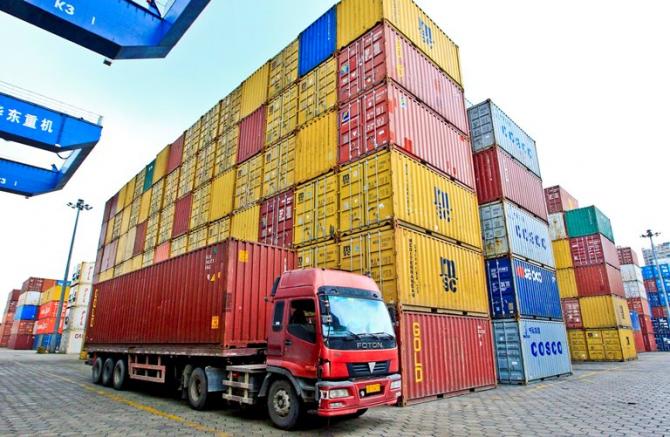
The efforts to eliminate tariffs remain an important area of focus for governments. But a coordinated push to free up supply chain chokepoints will give policymakers significantly more leverage to increase economic growth through free trade. Why? While both supply chain barriers and tariffs increase the cost of trade, barriers create greater inefficiencies than tariffs because they often represent a pure waste of resources rather than a simple transfer of payments to the government. Developing nations, in particular, stand to benefit from improvements. So too would small and midsize companies, many of which are blocked from selling internationally by prohibitive supply chain barriers that strain their limited resources.
Getting past the tipping points
While tariffs can generally be eliminated with the stroke of a pen once political obstacles are addressed, eliminating supply chain barriers is a complex task that requires coordinated policy action and investment. As with tariffs, regulators have to deal with reluctance from companies and local industries protected by supply chain barriers. And they have to make smart choices about which changes will have the greatest impact.
Real improvement depends on achieving specific “tipping points” of new efficiencies across various kinds of barriers that encourage companies wary of wasting resources to risk new investments in a given market. For example, if the market’s supply chain barriers add 10 percent to a company’s cost of doing business, reducing those barriers to just 2 percent won’t likely spur new investment activity. But the research clearly shows that once those tipping points are reached, the impact on trade and foreign investment can be dramatic, as companies move to take advantage of newly opened markets and pathways to increased growth.
Consider the results of a pilot program initiated by eBay, the global online commerce platform. In many ways, the Internet has created vast new low-cost opportunities for eBay sellers to connect with previously inaccessible customers around the world. But when eBay surveyed its merchants — most of them small businesses — it found that the opportunity to sell internationally was too often going unrealized. Efforts to develop all but the most accessible foreign markets are still inhibited by complex regulations, poor international shipping services and high fixed costs, meaning merchants with narrow resources could risk doing business in only a limited number of foreign markets.







 resized.png)
